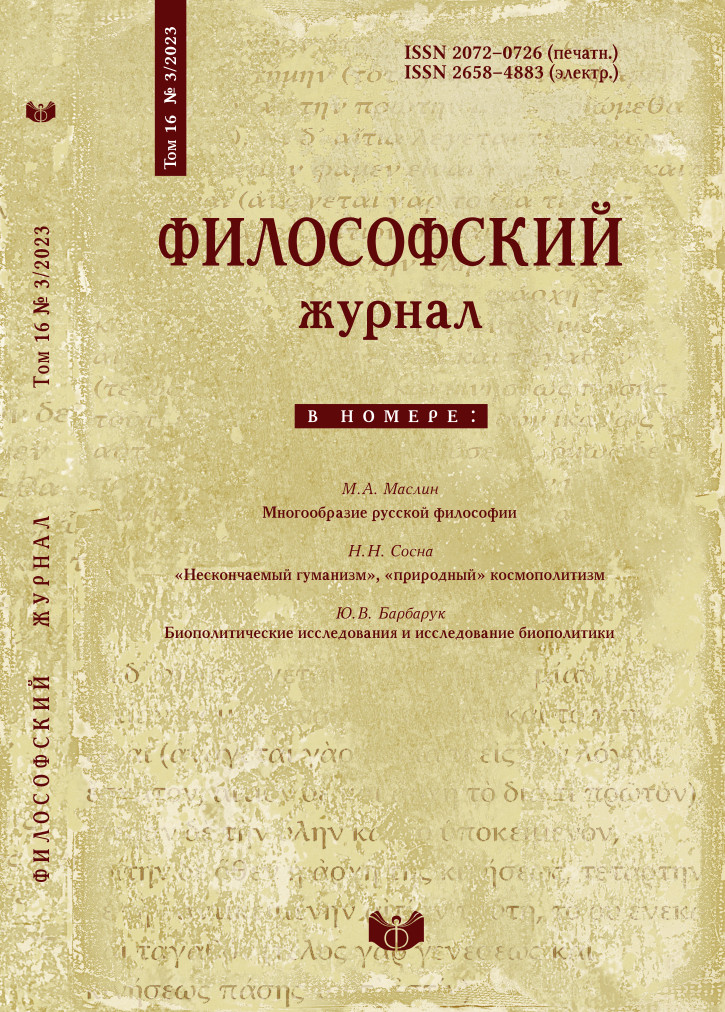T.M. Scanlon’s account of responsibility and the problem of moral luck
DOI:
https://doi.org/10.21146/2072-0726-2023-16-3-178-194Keywords:
T.M. Scanlon, ethics, moral responsibility, blame, moral luck, normative attitudesAbstract
Thomas M. Scanlon is one of the most prominent modern moral philosophers, and his theory of moral responsibility is one of the most influential theories of this kind in modern ethics. In the present article we set out the main features of this theory and then deal in detail with one of the problems this theory faces, the moral luck cases. Despite several plausible approaches to this problem being available within the framework of theories of broadly Scanlonian type, Scanlon himself seems to choose none of them. So, in spite of his own claims, his theory (at least in its form that he himself defends) seems to fail to solve this problem. However, this could arguably not be counted as a decisive argument against this theory, given that all the other modern non-revisionary theories of moral responsibility fare no better in dealing with this problem.






